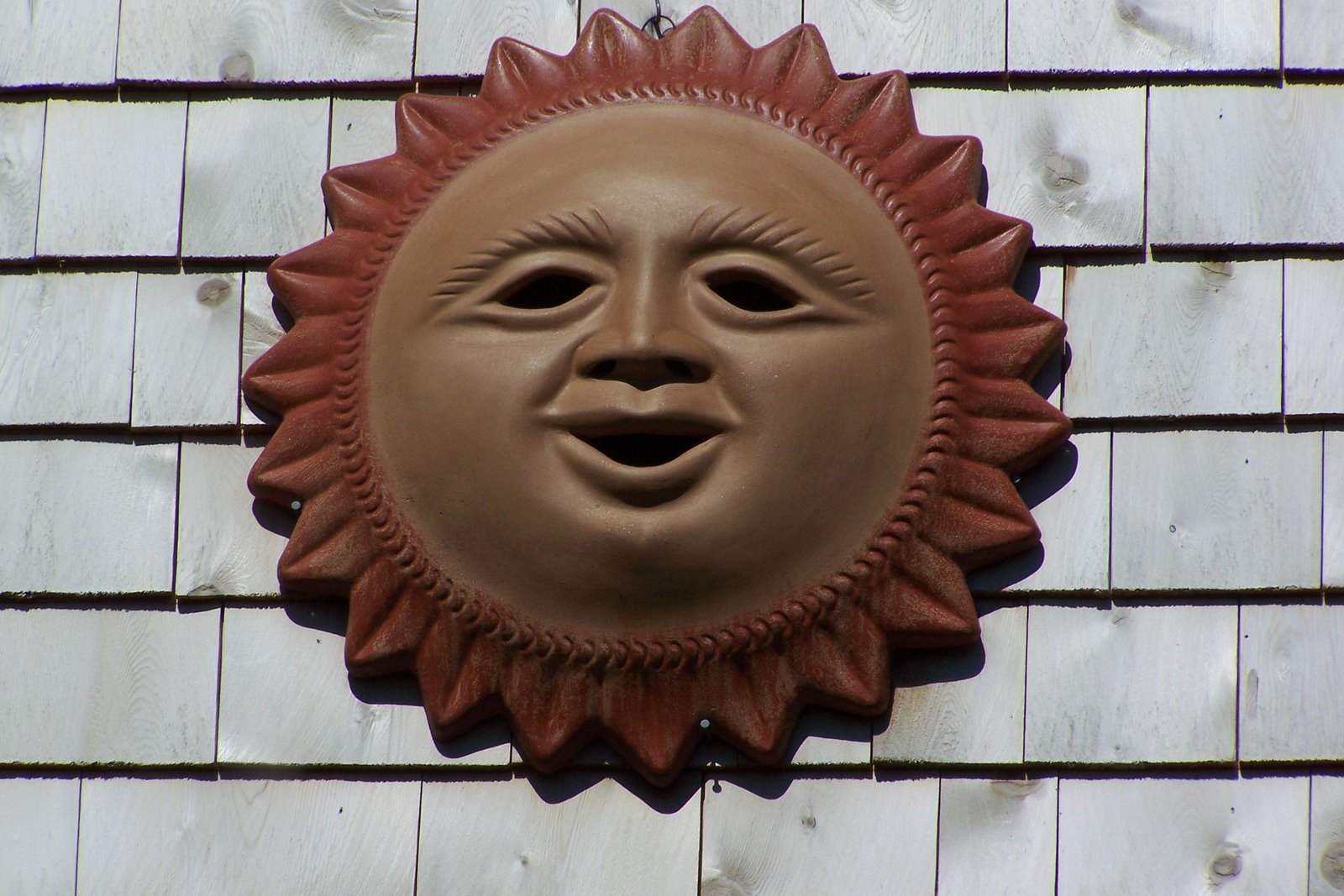This summer on PEI was all too short as usual and a quite bit wetter than normal! After the basement flooded, Post Tropical Storm Hannah dumped another 3 inches of rain on our farm in Eastern PEI.
So, when the weather cleared and the fields dried enough for me to slog through, I found soggy potatoes but glorious beet greens and swiss chard! Lots of our yellow beans went un-picked until it was too late for me to bring in a top quality product. The beans showed rust, and other effects of too much water. Letting them hold too long on the plant also meant they were past their tender best. So out to the compost they go!
Sweet corn finally came in - but too late in the season to do much good. We had an acceptable level of corn worm damage and nice size ears from plants otherwise stunted earlier in the season by lack of rain and some fertility/rotation issues I need to solve.
My last few days of work on the farm have focused on cleaning up the rows that were fallowed this year and the crops that were finished for the season. I take up a lot of this material by hand (weeds, plants, etc.) and mix it into compost. The compost works for two years and is then applied to planting rows.
It was beautiful on Friday morning when I went to the shore to pick up a manure spreader load of sea kelp for the compost pile. This rich source of micro-nutrients and biological energy mixes well with the horse manure we collected over the summer and the fresh green waste (the old bean plants, cukes, summer squashes, windfall apples and weeds). All are combined in layers with spoiled hay and then the fun begins!
Nothing better than coming out on a frosty Autumn morning to see steam rising off the compost pile! It's tremendous to be able to watch the process that creates fertility as bacteria, water and oxygen become a bio-engine that sterilizes and breaks down the mixture into healthy soil ammendment!
The farm business was slow this year. Despite our success at Dundas and at our periodic market table in Murray River, the number of visitors to eastern PEI and customers at our gate lane was well below what it has been in former years. I'll let tourism PEI determine why, but I think it's fair to guess that the high cost of fuel, parity of the US dollar and confusion about border crossings etc. made it tough for Americans to make the trip.
The number of visitors from Quebec, who often exclaim their appreciation at finding an organic farm on their island tour, also seemed to be fewer this past year. Though the visitors we did receive from Quebec were lovely and enthusiastic and made me aware that I really need to learn to at least name our produce varieties in French.
Even so, we did have some success in ways that are important to our business. We used our logo and the PEI organic producers co-op label on our bagged products and were rewarded by repeat business from people who recognized our branding.
We also found new ways (for us) to use machines for planting, how crop rotations can be improved and how companion planting can improve resistance to pests and improve yield.
So, all in all we made progress on the land and kept things moving ahead.
Tuesday, September 23, 2008
Subscribe to:
Post Comments (Atom)





No comments:
Post a Comment